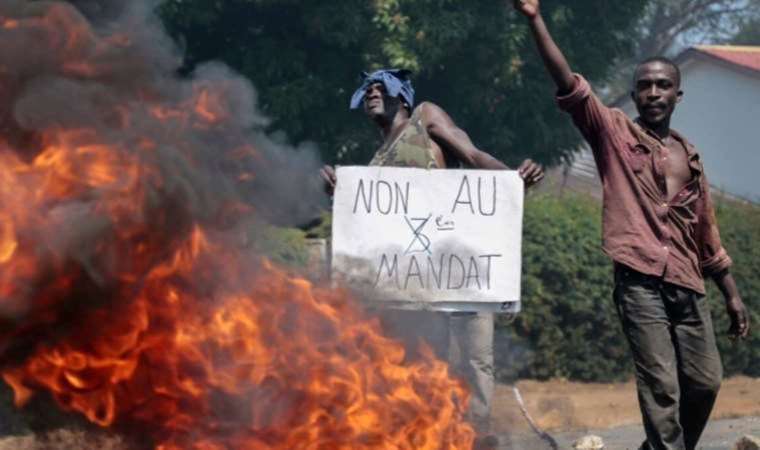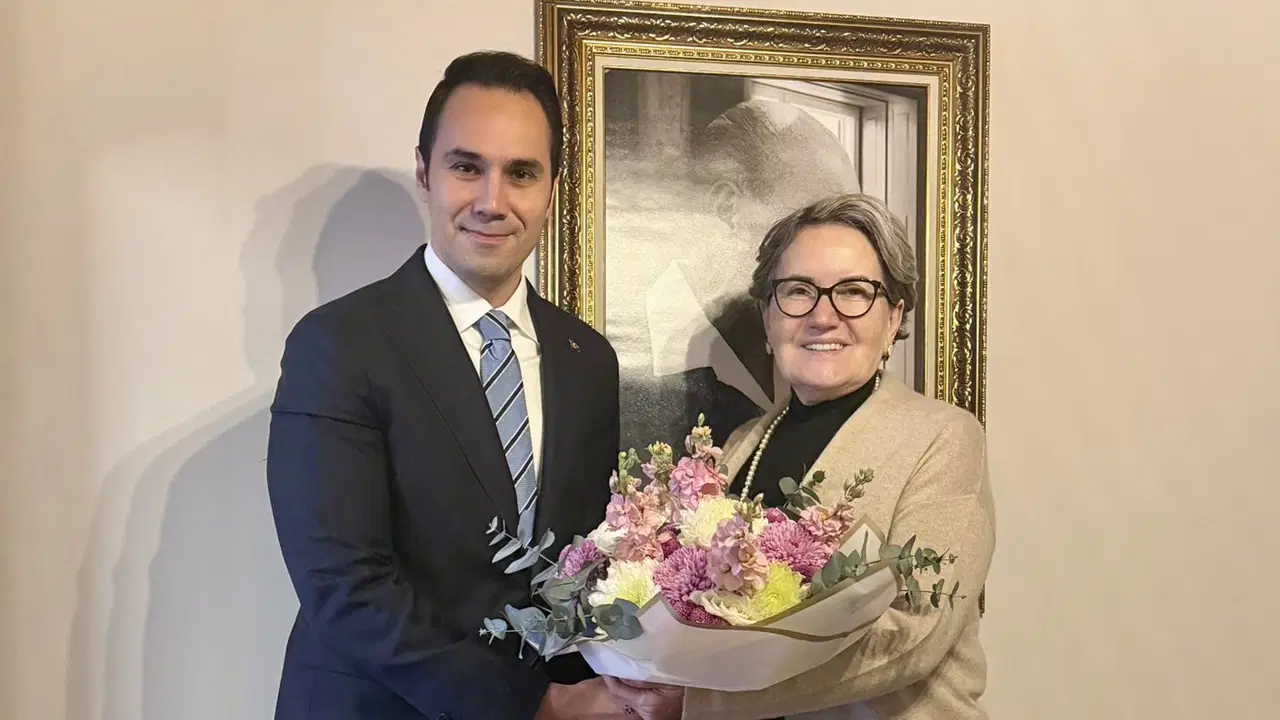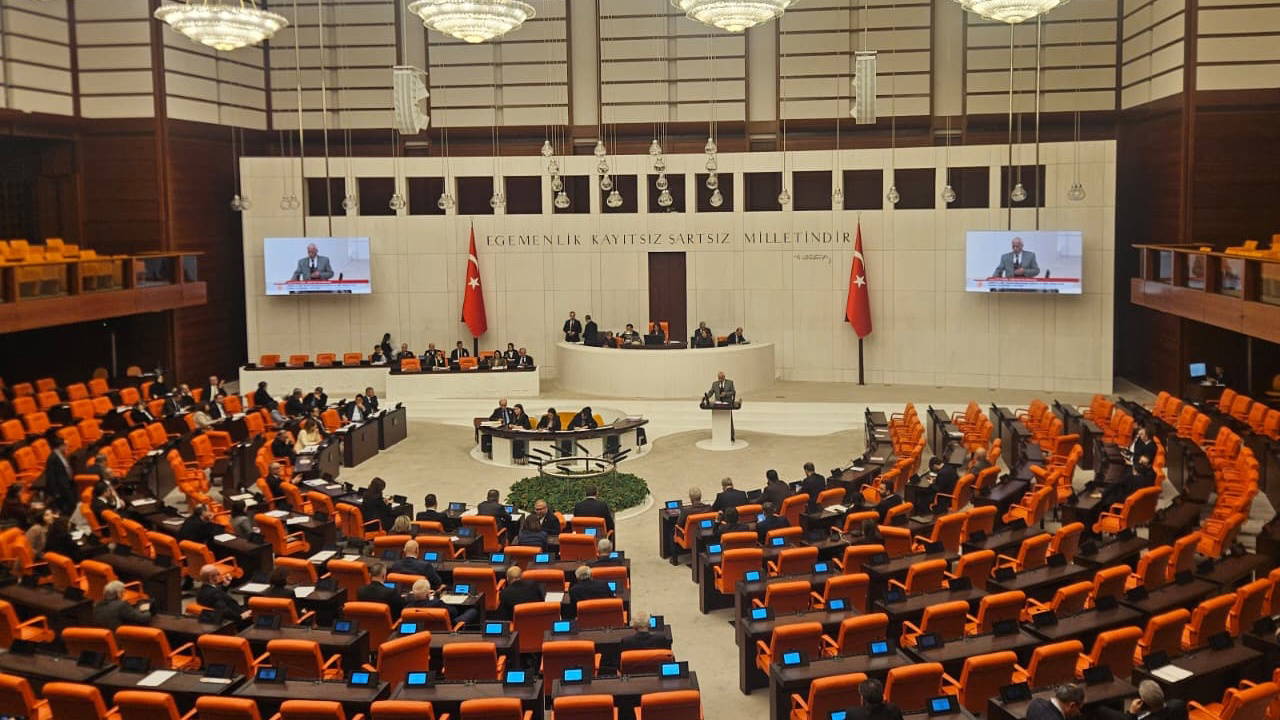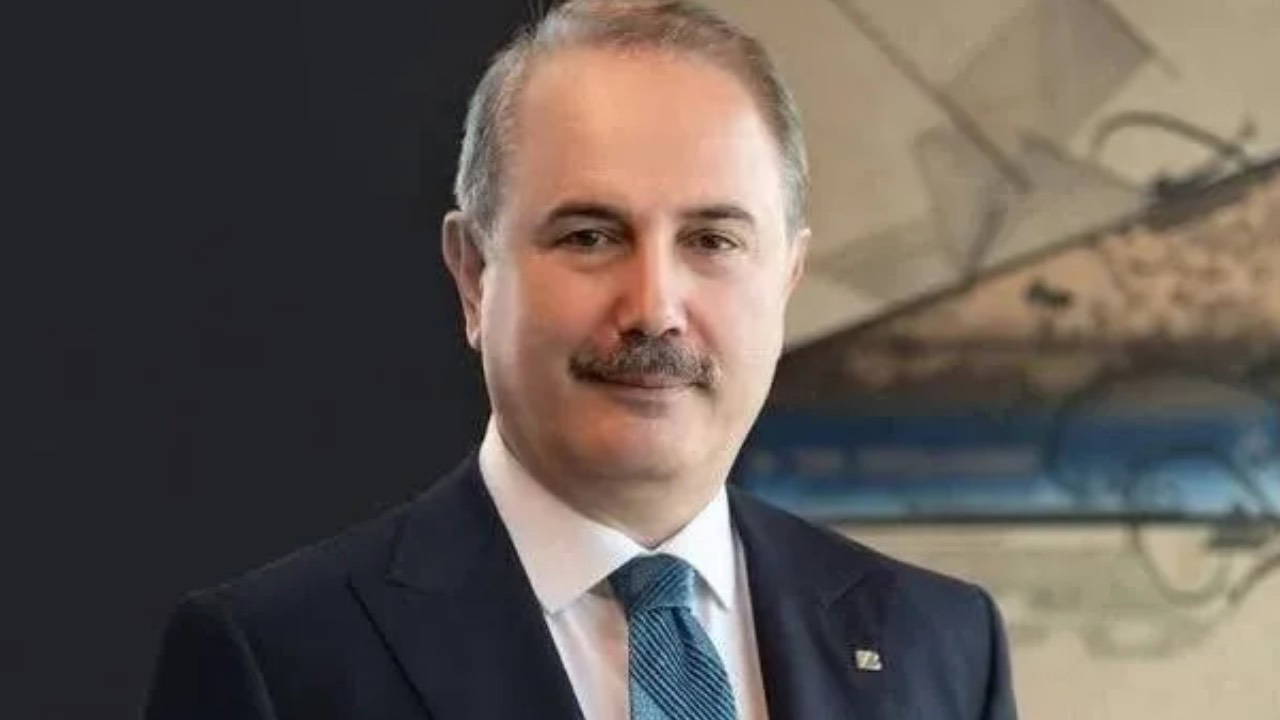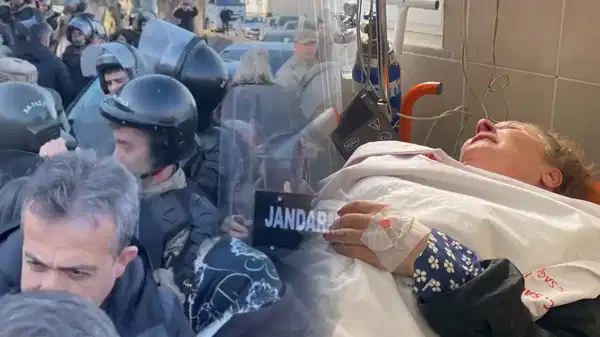In the past three years, Africa has experienced a string of eight coups, reshaping power dynamics on the continent where the US-France and Russia-China blocs are locked in a strategic struggle. These coups have triggered an East-West showdown that has transformed the entire African landscape, from Sudan in the east to Gabon in the west.
FRANCE
France, the oldest player in Africa, has seen its influence wane over the last decade. Its intervention in the Central African Republic in 2012 to mediate tensions between Muslims and Christians ended with accusations of colonialism. France's military restrictions limited its ability to quell rising dissent, leading both Muslim and Christian factions to turn against it. After declaring its mission complete in 2016, France withdrew, only to witness the resumption of clashes upon its departure. Similar scenarios unfolded in Mali and Niger. France's faltering influence was attributed to imbalances among ethnic minorities, uncertainty in its political objectives, the rise of radical groups influenced by al-Qaeda and ISIS, and military operations that yielded limited results. Critics argue that France lacks a clear vision for its African engagement, aiming to preserve corporate interests and military might without shedding its colonial image. France has called for "respect for democracy" in Gabon, the site of the most recent coup. However, it's worth noting that a single family has ruled Gabon for six decades, and the recent coup claimed election rigging.
USA
The US, like France, has witnessed a decline in its African influence. Foreign policy organizations based in the US, such as Foreign Policy, have lamented the loss of Africa as a sphere of influence. The Ukraine War further contributed to this decline. Only ten African countries voted to expel Russia from the United Nations Human Rights Council, while 82 percent either abstained or voted against the motion. Under the Biden administration, the US has shifted its African policy to counter China's growth in the region. During this period, the US supported the Tigray People's Liberation Front (TPLF) in Ethiopia's civil war, a move that backfired as Russia and China intervened, drawing Ethiopia closer to the East.
CHINA
China has emerged as a significant player in Africa by pursuing policies that transcend its borders. China's diplomatic efforts to end Yemen's protracted civil war and its expanding economic influence have bolstered its presence. Chinese investments in Africa, however, have been labeled as "debt-trap" by the West. Critics, including former Vice President Mike Pence, have accused China of "debt diplomacy." However, African countries owe three times more to Western banks than to China. Furthermore, China recently forgave debts owed by 23 countries, demonstrating a non-confrontational approach. China's investments, particularly in infrastructure, are viewed positively by many African nations.
RUSSIA
Russia has risen as a prominent player in Africa in recent years. Russian flags have been seen in countries experiencing coups, starting with the Central African Republic. Russia capitalized on declining French influence in the Sahel region, offering support, weapons, and training to insurgent leaders. Russian-linked entities, including energy companies led by oligarchs like the late Yevgeni Prigojin, have taken root in African nations rich in underground resources. Mali, Burkina Faso, and Niger have followed the Central African Republic in welcoming Russian influence. Recent questions have arisen about the fate of the Wagner Group, known as Russia's instrument in Africa, following the tragic plane crash that claimed its entire leadership. However, Wagner has continually reinvented itself, adapting to evolving circumstances.
TURKEY
Turkey has significantly expanded its influence in Africa, driven by humanitarian aid and infrastructure investments. Turkey's policy, shifting from outright opposition to coup regimes to a more balanced approach, aligns with its bridging role between East and West.
As Western influence wanes in Africa, the possibility of military intervention by ECOWAS (Economic Community of West African States) in response to coups remains a topic of discussion. Such an intervention could potentially escalate into a broader conflict affecting all of West Africa, although ECOWAS nations are cautious about this prospect.











